Tolvaptan (Generic Samsca)
$15,435.00 – $46,800.00
This medication is used to treat low levels of salt (sodium) in the blood, which can result from conditions such as heart failure and certain hormone
Table of Contents
ToggleAbout tolvaptan
This medication is used to treat low levels of salt (sodium) in the blood, which can result from conditions such as heart failure and certain hormone imbalances. Tolvaptan belongs to a class of drugs known as vasopressin receptor antagonists. It works by increasing the amount of urine you make, causing your body to get rid of extra water. This helps to slowly increase to normal levels of salt in the blood.
Different brands of this medication have different uses. Do not change brands of this medication unless directed by your doctor.
How to use
Read the Medication Guide provided by your pharmacist before you start using tolvaptan and each time you get a refill. If you have any questions, ask your doctor or pharmacist.
Take this medication by mouth with or without food as directed by your doctor, usually once daily. You should not take this medication for longer than 30 days.
To prevent losing too much body water (dehydration), always have water ready to drink while taking tolvaptan. Drink when you are thirsty unless otherwise directed by your doctor.
Use this medication regularly to get the most benefit from it. To help you remember, take it at the same time each day. Do not stop and restart this medication on your own. You may need to go back to a hospital to restart this medication. Tell your doctor right away if you stop taking this medication for any reason.
Avoid eating grapefruit or drinking grapefruit juice while using this medication unless your doctor or pharmacist says you may do so safely. Grapefruit can increase the chance of side effects with this medicine. Ask your doctor or pharmacist for more details.
The dosage is based on your medical condition and response to treatment.
Side effects
See also Warning section.
Thirst, dry mouth, loss of appetite, constipation, or weakness may occur. If any of these effects last or get worse, tell your doctor or pharmacist promptly.
Remember that your doctor has prescribed this medication because he or she has judged that the benefit to you is greater than the risk of side effects. Many people using this medication do not have serious side effects.
Loss of too much body water (dehydration) can occur. The risk is increased if you have vomiting or diarrhea that doesn’t stop, and you cannot drink normally. Contact your doctor right away if you notice any symptoms of dehydration, such as fast heartbeat or dizziness/lightheadedness.
People with severe liver disease (cirrhosis) may have increased risk of bleeding from the stomach or intestines while taking this medication. Tell your doctor right away if you have any of the following symptoms: black/bloody stools, vomit that contains blood or looks like coffee grounds.
Tolvaptan may rarely cause serious (possibly fatal) liver disease. Get medical help right away if you have any symptoms of liver damage, such as: nausea/vomiting that doesn’t stop, loss of appetite, stomach/abdominal pain, yellowing eyes/skin, dark urine.
A very serious allergic reaction to this drug is rare. However, get medical help right away if you notice any symptoms of a serious allergic reaction, including: rash, itching/swelling (especially of the face/tongue/throat), severe dizziness, trouble breathing.
This is not a complete list of possible side effects. If you notice other effects not listed above, contact your doctor or pharmacist.
In the US – Call your doctor for medical advice about side effects. You may report side effects to FDA at 1-800-FDA-1088 or at www.fda.gov/medwatch.
In Canada – Call your doctor for medical advice about side effects. You may report side effects to Health Canada at 1-866-234-2345.
Warnings & Precautions
Before taking tolvaptan, tell your doctor or pharmacist if you are allergic to it; or if you have any other allergies. This product may contain inactive ingredients, which can cause allergic reactions or other problems. Talk to your pharmacist for more details.
Before using this medication, tell your doctor or pharmacist your medical history, especially of: diabetes, liver disease, inability to make urine (anuria), use/abuse of alcohol.
To prevent loss of too much body water (dehydration) while taking this medication, you must be able to replace fluids by drinking. Before taking this medication, tell your doctor if you are not able to drink normally or if you cannot feel if you are thirsty. (See also How to Use section.) This medication may rarely make your blood sugar rise, which can cause or worsen diabetes. If you have diabetes, check your blood sugar regularly as directed and share the results with your doctor. Your doctor may need to adjust your diabetes medication, exercise program, or diet.
Before having surgery, tell your doctor or dentist about all the products you use (including prescription drugs, nonprescription drugs, and herbal products).
During pregnancy, this medication should be used only when clearly needed. Discuss the risks and benefits with your doctor.
It is unknown if this medication passes into breast milk. Consult your doctor before breast-feeding.
Storage
Store at room temperature away from light and moisture. Do not store in the bathroom. Keep all medicines away from children and pets.
Do not flush medications down the toilet or pour them into a drain unless instructed to do so. Properly discard this product when it is expired or no longer needed. Consult your pharmacist or local waste disposal company.
Drug interactions
See also How to Use section.
Drug interactions may change how your medications work or increase your risk for serious side effects. This document does not contain all possible drug interactions. Keep a list of all the products you use (including prescription/nonprescription drugs and herbal products) and share it with your doctor and pharmacist. Do not start, stop, or change the dosage of any medicines without your doctor’s approval.
A product that may interact with this drug is: desmopressin.
Other medications can affect the removal of tolvaptan from your body, which may affect how tolvaptan works. Examples include azole antifungals (such as ketoconazole, itraconazole), boceprevir, cobicistat, HIV protease inhibitors (such as lopinavir, ritonavir), macrolide antibiotics (such as clarithromycin, erythromycin), ribociclib, rifamycins (such as rifabutin, rifampin), St. John’s wort, drugs used to treat seizures (such as carbamazepine, phenytoin), telaprevir, among others.
Overdose
If someone has overdosed and has serious symptoms such as passing out or trouble breathing, call 911. Otherwise, call a poison control center right away. US residents can call their local poison control center at 1-800-222-1222. Canada residents can call a provincial poison control center.
| Tablet | 30 Tabs (30 mg), 90 Tabs (30 mg) |
|---|
Be the first to review “Tolvaptan (Generic Samsca)” Cancel reply
Related products
Uncategorized
Uncategorized
Uncategorized
Uncategorized
Uncategorized
Uncategorized
Uncategorized
Uncategorized
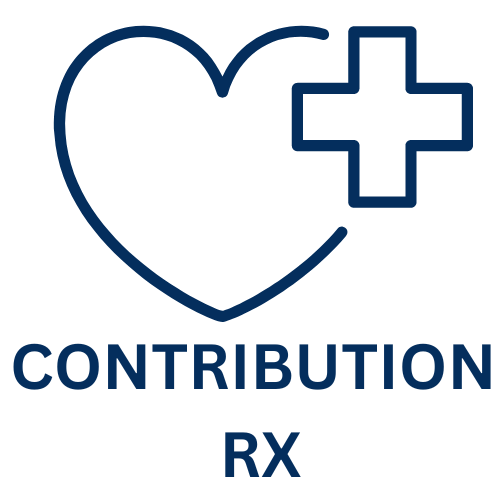
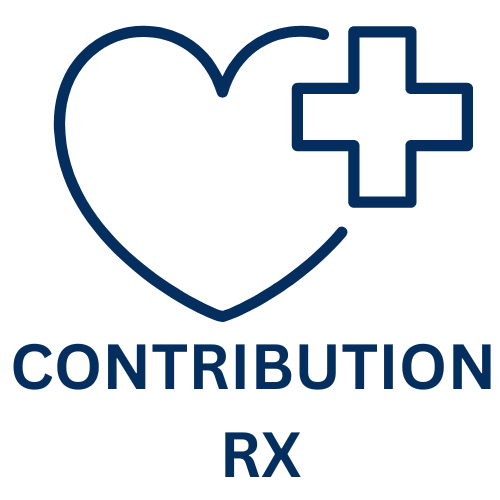
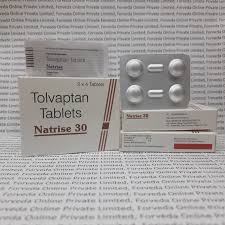
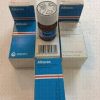
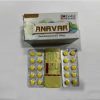
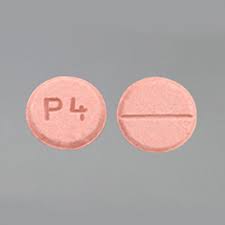
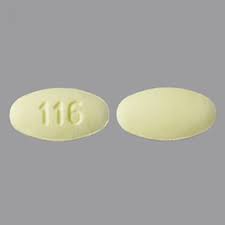
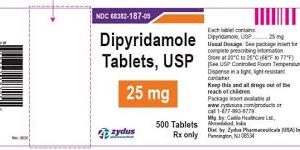
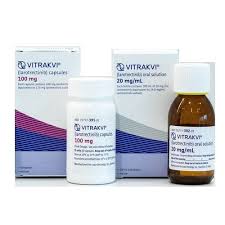
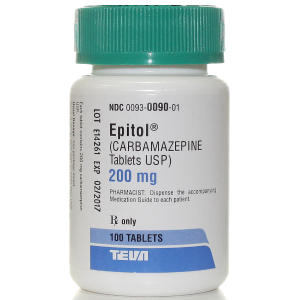
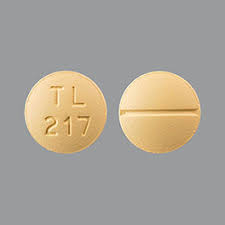
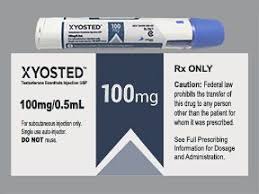
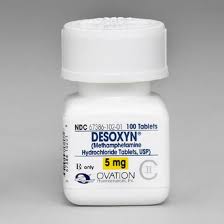
Reviews
There are no reviews yet.